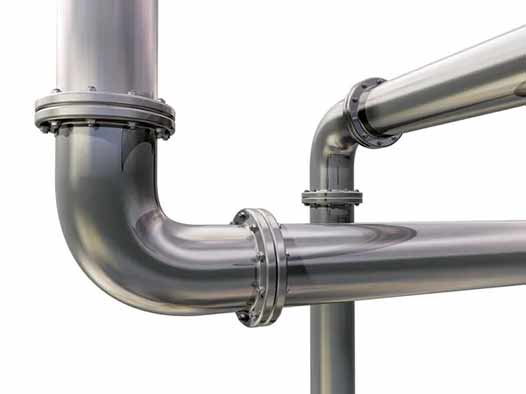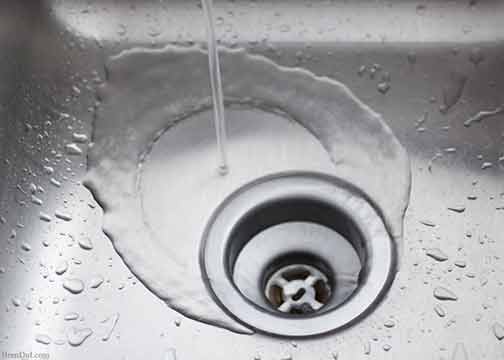
When most homeowners are looking at ways to improve the market value of their property, they rarely think of projects like whole-house repiping. As a rule, SGI Management Dallas most homeowners will never replace the water pipes in their homes unless forced to do so.
That is because repiping a home’s plumbing is a lot of work; labor-intensive and time-consuming. These make it an expensive project and homeowners are naturally motivated to avoid projects that take money out of their pocket.
Secondly, repiping your home will not have a visible impact on its appearance. In other words, it will not improve your home’s curb appeal and homeowners typically want upgrades that boost their home’s aesthetics.
For these reasons, the generality of homeowners don’t see the need to repipe their homes. As long as the existing pipes are working, even if there are occasional problems, repiping the home is very far from their mind.
However, replacing your home water lines is critical for maintaining the safety of your water supply, especially if there are small children or vulnerable adults such as pregnant women in the home. This project also improves the performance of your plumbing while helping to cut costs.
However, given the cost of repiping your home, you only want to undertake this project when necessary. What are the signs that it is time to repipe your home and why is it important to do this project sooner rather than later?
Signs it is time to repipe your home
Most repiping projects are done because of a terrible leak or burst. But there is no need to wait until plumbing emergencies force you to pay closer attention to the condition and performance of your cold and hot water pipes.
If you are planning to remodel your home and the project involves the kitchen and bathrooms that is the perfect opportunity to repipe your home. Since you will have to repipe the property at some point anyway, you might as well do it now to save costs.
Other situations where you should consider repiping your home include:
If the house was built before 1986 or between the 1940s and 1970s
Most homes built before the 1986 Safe Water Act have lead pipes in their plumbing. Lead pipes are banned for water pipes. Lead particles can find their way into the water supply and cause lead poisoning, which can lead to permanent brain or nervous system damage.
Galvanized steel pipes are common in homes built between the 1940s and 1970s. While safer than lead pipes, galvanized steel pipes, have their problems. They are vulnerable to corrosion and as a result, are prone to leakages. Your home’s overall maintenance cost will be adversely affected if you have galvanized steel pipes in the plumbing
Frequent water leaks and water discoloration
If you are constantly dealing with pipe leaks, it may be time to repipe your home. Leaks are a common problem in water pipes but if they become a permanent feature of the system, it means your pipes have become weak. The cost of fixing damage caused by leaks – especially in walls, ceilings or slab foundations – may be higher than the cost of repiping the home.
Water discoloration is either caused by pipe leaks that admit soil and other contaminants into the water supply or excessive corrosion and buildup within the pipes. If your water pipes are rusted to the point where they are changing the color of your water, the only way to fix the problem is to repipe your home. The contaminants in discolored water can harm your health, appliances and plumbing fixtures.
Pipes are visibly corroded and there is low water pressure
If you can see clear signs of severe wear and tear on exposed sections of the water pipes, it may be time to repipe your home. These signs include flaking or staining. These are telltale signs that the pipes are seriously corroded and well on their way to failure. Replacing the pipe as soon as possible will help you avoid major problems, with higher repair costs, in the future.
If the problem is not from the city water supply or due to leaks in your main water line, low water pressure in your home can be caused by rusty water pipes. Corrosion and sediment buildup in water pipes can narrow their channel, limiting the volume of water the system can carry. If you have a problem with low water pressure across your entire home, it may be time to repipe the house.
Finally, why should you repipe your home?
There are good financial reasons for doing this project. Although repiping your home will not reflect on your building’s appearance, buyers will be willing to pay you more for your home if they know they have nothing to worry about the plumbing system.


